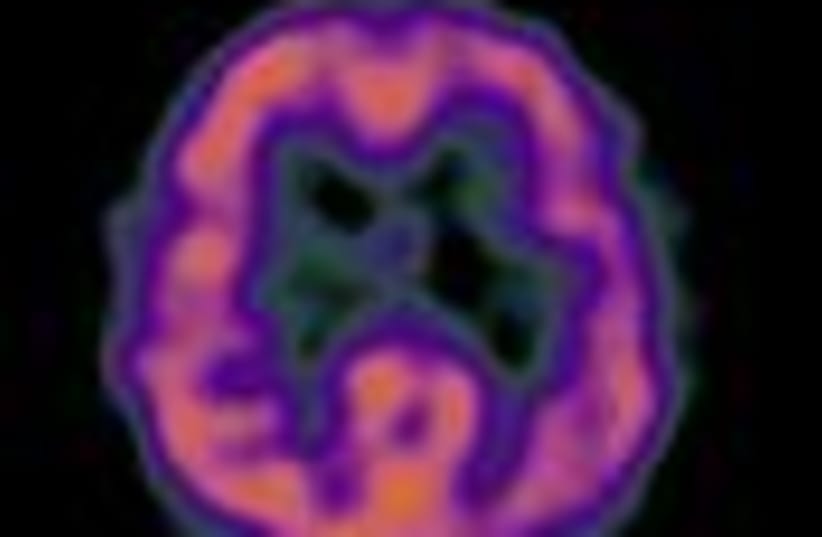| More about: | Case Western Reserve University, United Arab Emirates, Boston University, Arab citizens of Israel |
Praying, writing, gardening reduce risk of Alzheimer's
TV watching increases the risk, according to new research reported by scientists at the Technion.
